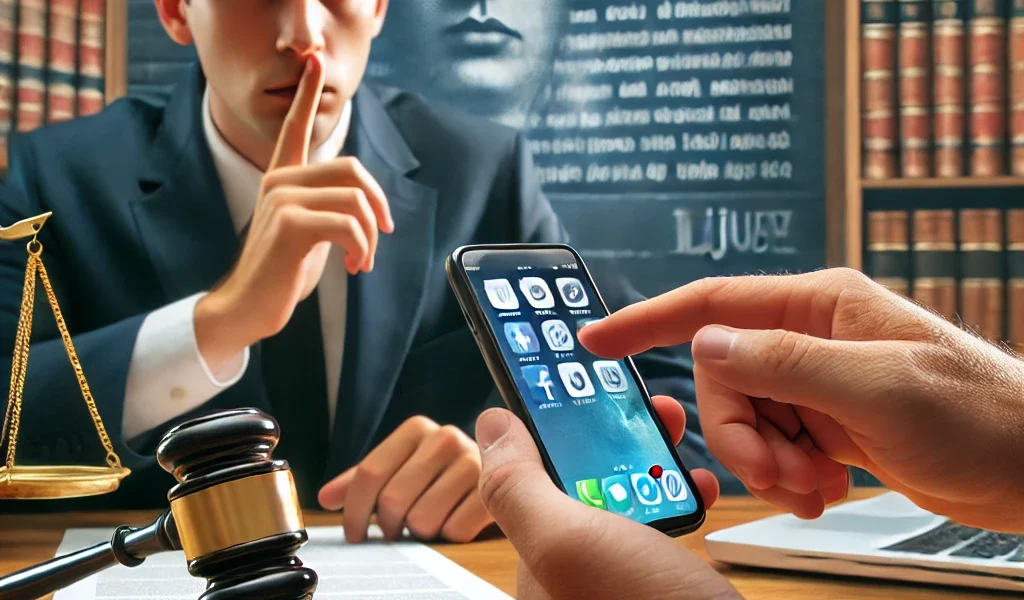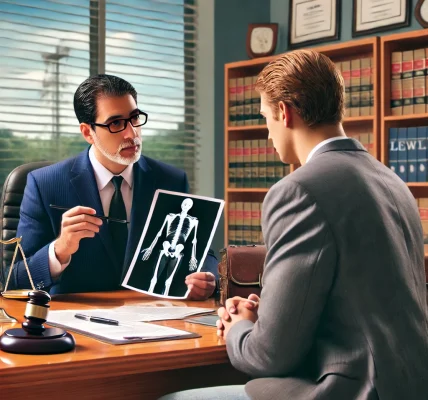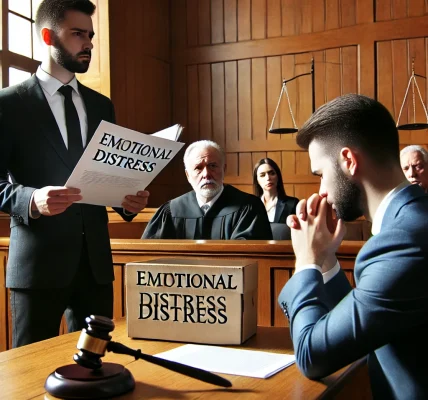Social media has become an integral part of our lives. We share personal updates, photos, and opinions on platforms like Facebook, Twitter, Instagram, and TikTok. However, if you are involved in a personal injury claim, your social media activity could be used against you by insurance companies and defense attorneys.
Many people are unaware that even a simple post, comment, or photo can be misinterpreted and impact their legal case. In this article, we will explore how social media can harm your personal injury claim and what steps you should take to protect yourself.
1. How Insurance Companies Use Social Media Against You
Insurance companies and defense lawyers are always looking for ways to minimize or deny injury claims. One of their most effective tools is social media. They monitor the accounts of injury claimants to find inconsistencies, discredit claims, or argue that the injuries are not as serious as stated.
Examples of How Social Media Can Be Used Against You:
- Contradictory Posts: If you claim to have a severe back injury but post a picture of yourself dancing at a party, the defense can argue that your injuries are exaggerated.
- Check-Ins and Location Tags: If you check in at a gym, hiking trail, or amusement park while claiming physical limitations, it could be used as evidence against your case.
- Photos and Videos: Even if you’re smiling in a picture or engaging in seemingly minor activities, insurance companies may argue that you are not suffering as much as you claim.
- Comments and Messages: Insurance companies may review your conversations for statements that downplay your injuries or suggest that the accident was your fault.
2. Social Media Mistakes That Can Ruin Your Claim
Many injury victims make mistakes on social media without realizing the consequences. Below are some common errors that could negatively impact your case:
Posting About the Accident
Sharing details about your accident on social media can be risky. Statements you make can be twisted and used against you. Even saying “I’m feeling better” can be misinterpreted as proof that your injuries are not serious.
Accepting Friend Requests from Strangers
Insurance investigators sometimes create fake profiles to send friend requests. If you accept, they may gain access to your private posts, photos, and conversations.
Posting About Physical Activities
If you are claiming a serious injury but post about going for a run, lifting weights, or dancing at a wedding, it can contradict your claim.
Allowing Others to Tag You
Even if you are not posting yourself, being tagged in someone else’s photo or video can provide evidence that contradicts your claim.
Ranting About the Insurance Company or Lawsuit
Posting negative comments about the insurance company, defense attorneys, or the legal process may be used to paint you as unreasonable or untrustworthy.
3. How to Protect Your Personal Injury Claim on Social Media
To safeguard your personal injury claim, it’s essential to take proactive steps with your social media usage. Here’s what you should do:
Adjust Your Privacy Settings
- Set your profiles to private so only trusted friends and family can see your posts.
- Restrict who can tag you in posts and photos.
- Disable location tracking and check-ins.
Avoid Posting About Your Case
- Do not discuss details of the accident, your injuries, or legal proceedings online.
- Do not share updates about your recovery process.
- Refrain from venting frustrations about the insurance company or opposing attorneys.
Ask Friends and Family to Be Cautious
- Request that they do not tag you in posts or photos.
- Ask them to avoid discussing your accident or injuries online.
Be Mindful of What You Like, Comment On, and Share
- Avoid engaging with posts that contradict your injury claims.
- Do not joke about your accident or injuries, as these can be misinterpreted.
Avoid Accepting New Friend Requests
- Be cautious of new friend requests from people you don’t know, as they could be investigators trying to gain access to your profile.
4. Can Deleted Posts Be Used Against You?
Many people believe that deleting a post can erase it permanently, but this is not always the case. Insurance companies and defense attorneys may:
- Use screenshots or cached versions of your posts.
- Request social media records through legal discovery.
- Hire digital forensic experts to recover deleted information.
Once you post something online, it can be retrieved and used against you. The best strategy is to avoid posting anything that could potentially harm your case in the first place.
5. How Lawyers Use Social Media to Support Your Claim
While social media can be used against you, a skilled personal injury lawyer can also use it to strengthen your case. They may:
- Gather witness statements or posts from others that support your version of events.
- Find evidence of negligence by the at-fault party (e.g., a driver posting about drinking before an accident).
- Identify contradictions in the insurance company’s arguments.
Conclusion
Social media can be a powerful tool, but it can also be a serious threat to your personal injury claim. Insurance companies are actively looking for ways to minimize their payouts, and your online activity can provide them with the evidence they need to challenge your case.
By limiting your social media activity, adjusting privacy settings, and consulting with a lawyer, you can protect your claim and maximize your compensation. When in doubt, it’s best to stay off social media entirely until your case is resolved.
If you have any concerns about how social media may impact your personal injury claim, consult an experienced personal injury attorney who can guide you through the legal process and help protect your rights.




